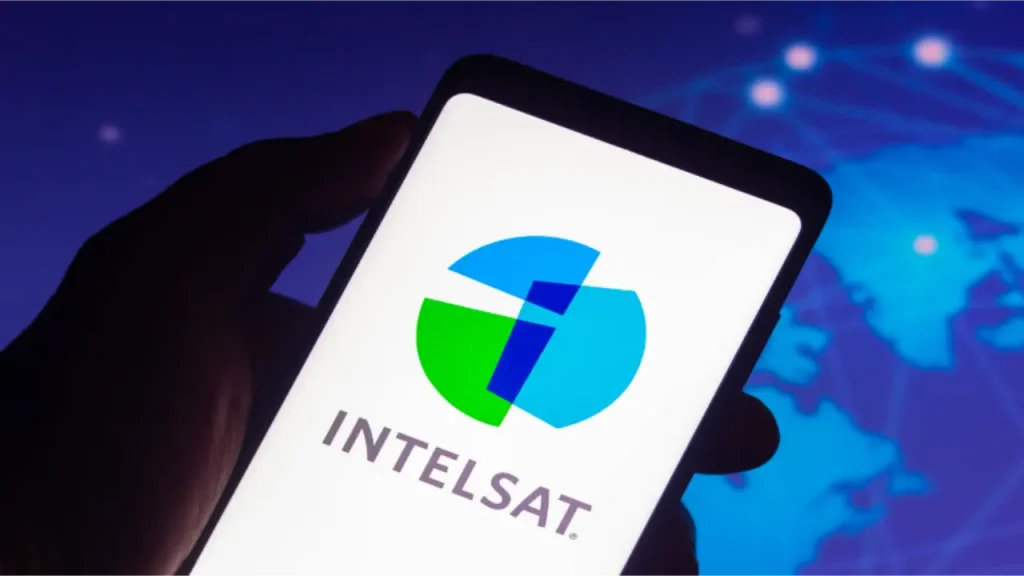- Intelsat expands satellite-enabled STEM education across Africa with MaxIQ Space, supporting thousands of learners.
- The company advances hybrid networks and navigates challenges from rising costs to LEO satellite competition.
Intelsat’s STEM initiative strengthens education
STEM programme 2025, launched by Intelsat and MaxIQ Space, is equipping 12 schools in Kenya, South Africa, Senegal and Nigeria with xChip kits and training. These tools enable students to experiment with satellite technology and data analysis, building skills for future careers in science, engineering and innovation. More than 3,000 learners are already taking part, reflecting the company’s commitment to expanding educational opportunities through its satellite infrastructure.
Rhys Morgan, Intelsat’s RVP of Sales for EMEA, said: “Africa’s space future is rising. The Intelsat and MaxIQ Space STEM Programme continues to demonstrate the transformative power of STEM education across the continent.” MaxIQ Space’s Judi Sandrock added that the collaboration is fostering a community where “space science and sustainability are not distant ambitions, but real opportunities.” By combining satellite connectivity with hands-on learning, the initiative seeks to narrow the digital divide and strengthen Africa’s knowledge economy.
Also Read: Intelsat links Solomon Islands to LEO satellite broadband
Also Read: Infrasat: Connecting Africa through innovative solutions
Intelsat’s innovation and industry hurdles
As outlined in its corporate overview, Intelsat operates one of the world’s most extensive integrated networks, combining satellite and terrestrial infrastructure. Its services reach over 500 million households, nearly 3,000 aircraft through 25 airline partners, and global government and enterprise clients. Recent innovations include multi-orbit, software-defined technology that supports 5G networks and enhances secure connectivity across hard-to-reach areas.
Yet the satellite industry remains complex and competitive. High costs for deploying advanced systems, growing congestion in space, and intensifying pressure from Low Earth Orbit constellations present ongoing challenges. Intelsat’s recent restructuring has strengthened its financial footing, but the company must continue innovating to maintain leadership. By investing in hybrid networks, resilient security, and managed services, Intelsat is addressing both market demands and societal needs, with education in Africa serving as a clear demonstration of its broader vision.

